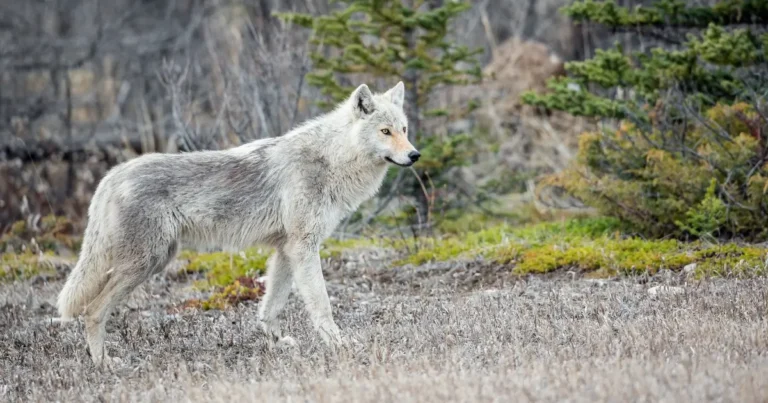“Predators are disappearing from our ecosystems at alarming rates because of hunting and fishing pressure and because of human induced changes to their habitats,” says Trisha Atwood, a PhD candidate in the Department of Forest and Conservation Sciences in the Faculty of Forestry at UBC.
For their study, published today in the journal Nature Geoscience, Atwood and her colleagues wanted to measure the role predators play in regulating carbon emissions to better understand the consequences of losing these animals.
Predators are bigger animals at the top of the food chain and their diets are comprised of all the smaller animals and plants in the ecosystem, either directly or indirectly. As a result, the number of predators in an ecosystem regulates the numbers of all the plants and animals lower in the food chain. It’s these smaller animals and plants that play a big role in sequestering or emitting carbon.
When Atwood and her colleagues removed all the predators from three controlled freshwater ecosystems, 93 per cent more carbon dioxide was released into the atmosphere.
“People play a big role in predator decline and our study shows that this has significant, global implications for climate change and greenhouse gases,” says Atwood.
“We knew that predators shaped ecosystems by affecting the abundance of other plants and animals but now we know that their impact extends all the way down to the biogeochemical level.”

Photo: Wolves.
Source: http://www.publicaffairs.ubc.ca/2013/02/17/predators-also-have-a-sway-over-climate/
